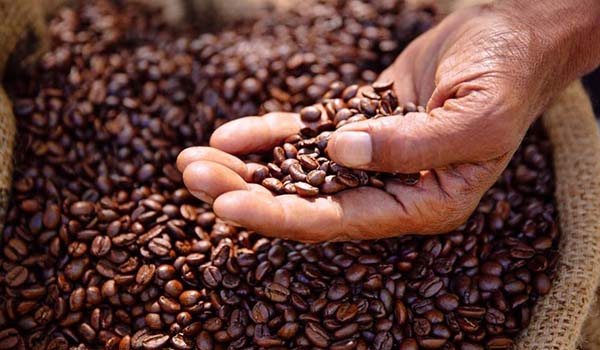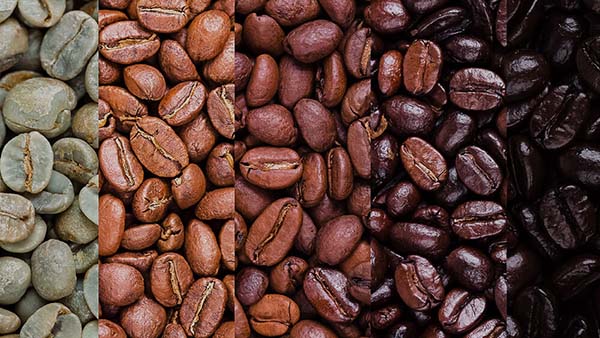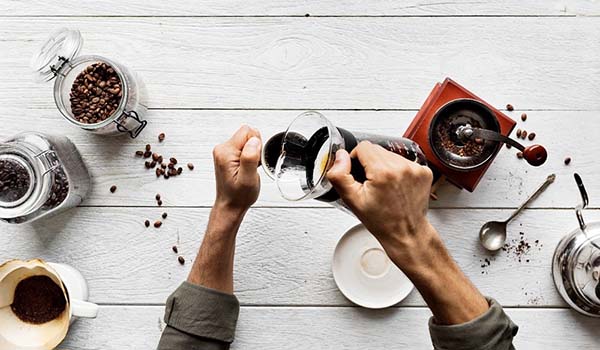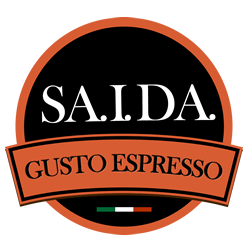Drinking coffee is more than a habit, but how much do we really know about it?
For many of us, drinking coffee is a daily ritual that punctuates our days, a gesture we do almost without thinking. Yet, behind that cup lies a vast and complex world that goes far beyond the simple aroma that wakes us in the morning. This beverage is the second most traded raw material in the world after oil, but despite its economic and cultural importance, despite its constant use, a true “coffee culture” comparable to that of wine has never existed in Italy. We consider ourselves great enthusiasts, but often know little about the origin, processing, and characteristics of what we drink every day.
The market is diverse and sometimes confusing: shelves full of capsules, pods, and generic blends coexist alongside high-quality products from small roasters that focus on transparency, sustainability, and authentic flavor. Understanding the difference between a coffee roasted six months earlier and a fresh one, between a high-altitude Arabica and a more resistant Robusta, is not just a matter for connoisseurs: these aspects impact flavor, digestibility, and even the environmental impact of our choices.
Precisely for this reason, knowing some basic information can transform the simple act of drinking into a conscious and rewarding experience. In this article, we’ve gathered 10 things to know before ordering at the bar or brewing at home: a small practical guide to approach this world with greater curiosity and a critical mind.
1. Product origin: not everything is the same
The bean comes from a plant, not from a supermarket shelf. The most common varieties are Arabica and Robusta: the former is sweeter and more complex, the latter more intense and caffeinated. Choosing the origin wisely allows you to distinguish between an industrial product and an artisanal one, just like you would with a bottle of wine.

2. Sustainability and the Environment
A simple gesture like choosing a certified organic or fair-trade product can help protect ecosystems and local communities. Drinking consciously means respecting both those who grow it and the planet.
3. Reading labels makes the difference
The label tells the story of the product: terroir, altitude, production method, and roasting level. Details that can guide your choice and provide guarantees of traceability, an increasingly required requirement by European regulations.
4. Roasting: light or dark?
Roasting is like cooking a dish: it completely changes the final result. A light roast enhances fruity and floral notes, while a darker one adds body and bitterness. There is no “better or worse,” just what meets your tastes.

5. Preparation method
Moka pot, espresso, V60, or French press? Each method requires the right roasting and grinding. It’s a bit like choosing your means of transportation: you can get to your destination by car or by bike, but the experience will be completely different.
6. Water is the invisible ingredient
98% of the beverage is water. Quality has a significant impact on the final taste: water with a neutral pH and low mineral content (dry residue under 150 mg/l) is best. Temperature also matters: ideal extraction occurs between 91° and 95°.
7. Price and quality
A package that’s too cheap often hides compromises in the supply chain. A slightly higher price reflects better conditions for growers and more careful selection. Investing in a quality coffee means choosing better for yourself and the environment.
8. Artisanal roasters
Just as you don’t always choose the most famous brand in wine shops, in this sector too, it’s worth exploring small, local roasters. They often offer traceable, high-value products with a unique touch.

9. Attention to preparation
From the right amount of powder to the grain size, to the extraction time: every detail counts. It’s like following a recipe, where a pinch of salt can change the balance of the dish.
10. Becoming a conscious consumer
Don’t stop at the act of sipping. Learning, asking questions, and experimenting with new methods makes you a curious explorer. Pleasure lies not only in the taste, but also in continuous discovery.
After all, drinking coffee isn’t just a habit: it’s a small daily journey that we can make more interesting by learning to recognize quality, origins, and preparation methods. The things we’ve seen aren’t textbook notions, but useful tools for making better choices, appreciating more, and even changing a few things in our routine. The more aware we become consumers, the more we contribute to valorizing those who produce with passion and respect. And with the next cup, we’ll have the satisfaction of not only tasting, but also truly understanding, what we’re drinking.




Visita il nostro e-shop e scopri tanti prodotti a prezzi vantaggiosi!